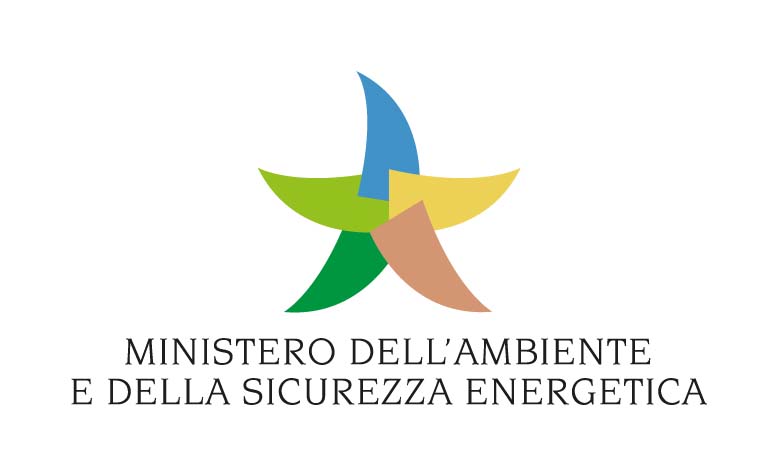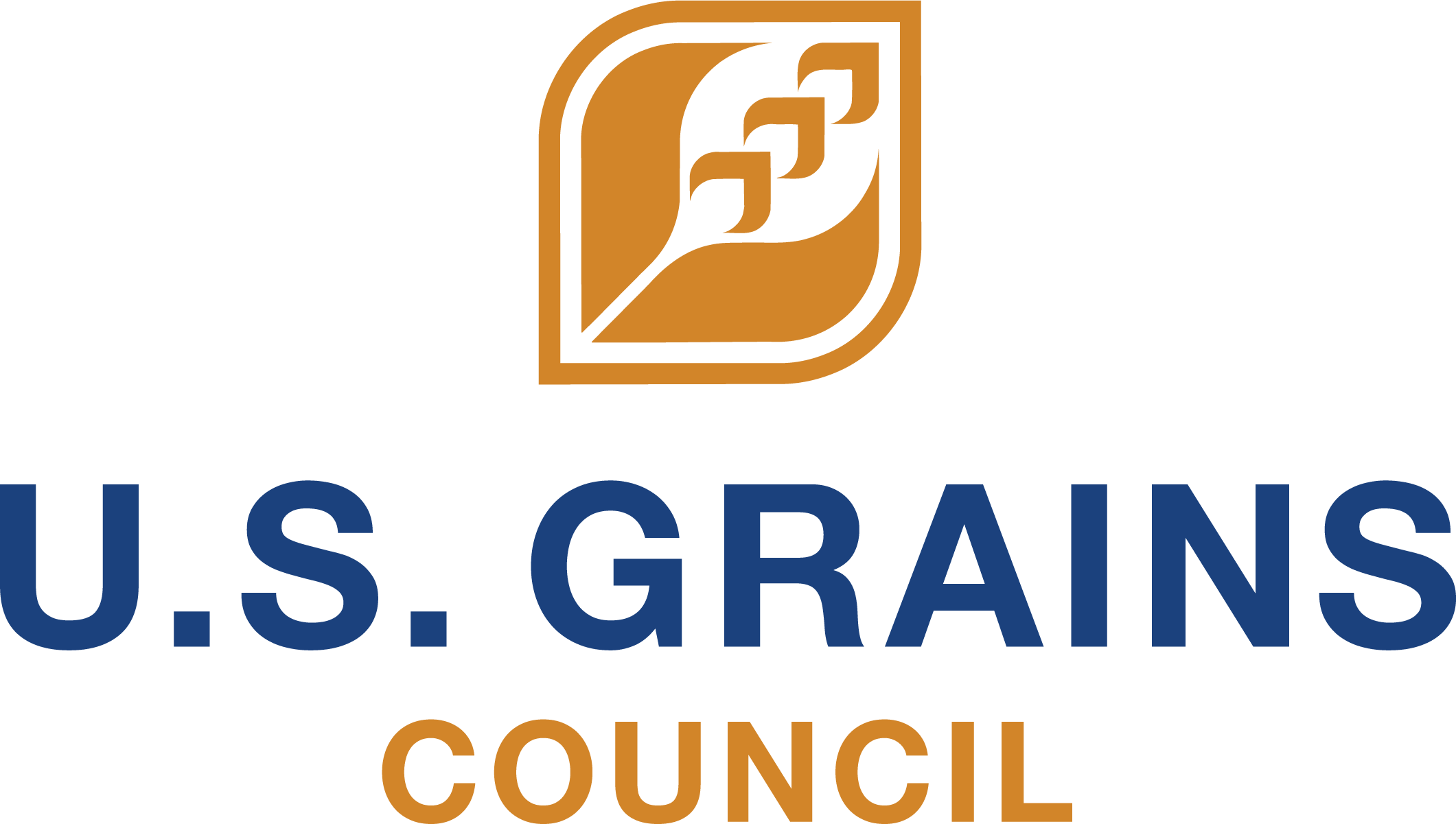12th GBEP Bioenergy Week
Sustainable bioenergy for just and inclusive energy transitions
Hybrid Event, 07/07/2025 - 11/07/2025

Background
Since 2013, the Global Bioenergy Partnership (GBEP) has been organizing a Bioenergy Week every year in a different region of the world, bringing together key stakeholders from around the globe to advance sustainable bioenergy.
For its 12th edition, the event will take place in Kampala, Uganda, from 7 to 11 July 2025.
The event is hosted by the Ministry of Energy and Mineral Development of the Government of Uganda and organized by the Food and Agriculture Organization of the United Nations (FAO) in the context of the GBEP Programme of Work , in collaboration with the United Nations Industrial Development Organization (UNIDO) and the African Energy Commission of the African Union (AFREC). It benefits from the kind financial support of the Italian Ministry for Environment and Energy Security, US Grains Council (USGC) and Aston University, United Kingdom. This edition will focus on bioenergy development in Africa.
This edition will focus on bioenergy development in Africa.
Objectives
The aim of the GBEP Bioenergy Weeks is to bring together bioenergy stakeholders, including international experts, decision makers and private sector representatives to discuss current trends, future opportunities and challenges in bioenergy. Previous editions have successfully contributed to exchanging views, best practices and lessons learned among stakeholders on ways to improve the sustainability of bioenergy systems through both practical and policy interventions on agricultural productivity and yield, feedstock logistics, and the use of modern conversion technologies. These discussions will also facilitate dialogue with private sector actors to foster collaboration and enable progress in the sector.
Sustainable bioenergy for just and inclusive energy transitions
The theme for the event for this year is “Sustainable Bioenergy for Just and Inclusive Energy Transitions", as the conference will focus on how bioenergy can foster an equitable energy system.
The 2025 GBEP Bioenergy Week will enhance learning from positive experiences on how to build, both at regional and national level, an enabling environment for just and inclusive energy transitions, and the potential of bioenergy to contribute to the SDGs, specifically SDG7 on modern energy access and clean cooking.
The conference will also address pressing regional issues, including modern energy access in Africa, data and statistical systems for good governance, rural development, financing, and Water-Energy-Food-Ecosystem management for climate change adaptation and resilience.
Conference Schedule
The 12th GBEP Bioenergy Week will feature five days of targeted sessions, each designed to explore a key issue in the development of bioenergy across Africa:
DAY 1 – Bioenergy and Youth (for young people aged 17-30)
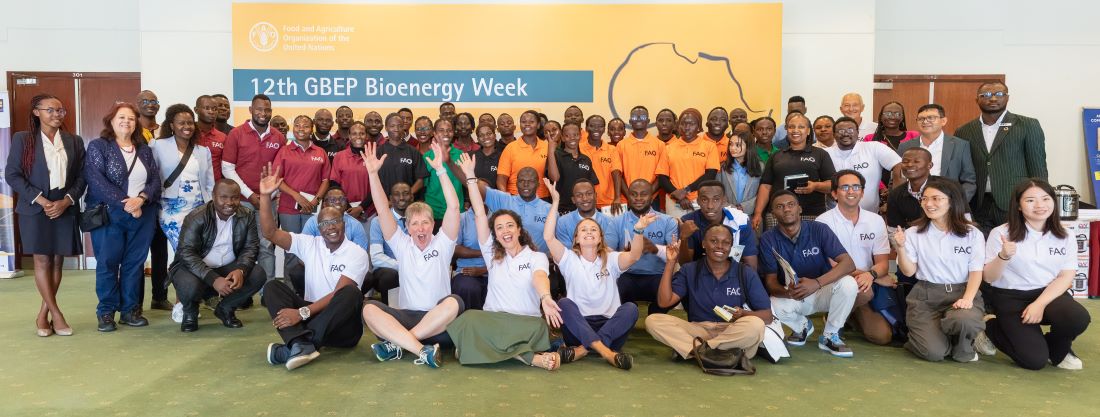
Now in its second addition, the GBEP Bioenergy Youth Day will emphasize education and training for youth in the field of sustainable bioenergy, with particular attention to innovation and emerging technologies. This year’s event will feature a dynamic mix of educational and hands-on training activities tailored for high school and university students. The program is designed to inspire and equip the next generation of bioenergy leaders, culminating in the presentation of the 2025 GBEP Youth Award that recognizes outstanding contributions from young innovators in the field.
Participation in Day 1 is reserved for youth aged 17 to 30, in order to create a dedicated space for young voices and perspectives in the bioenergy sector. Online participation is open to all and registration is free. |
The following three days of the programme will feature seminars and roundtable discussions bringing together government representatives, private sector stakeholders, civil society participants, and international experts.
DAY 2 – Building an enabling environment for the transition
The second day will concentrate on how to create an enabling environment for bioenergy transitions. Participants will explore evidence-based policy frameworks and strategies necessary to drive sustainable bioenergy growth, addressing the specific priorities of different regions and stakeholders, challenges for consumers and produces, and strategies for mobilizing public and private sector financing.
Watch the webinar to learn more about successful cases.
DAY 3 – Advancing clean cooking access
The third day of the programme will centre on expanding access to clean cooking solutions – an urgent priority recognized by the G20 and the G7 and highlighted at UNFCCC COP29. With four out of five people in sub-Saharan Africa still relying on inefficient biomass for cooking, this session will explore bioenergy-based approaches such as biogas, bioethanol, and micro-gasification. Recognizing that no single solution fits all contexts, the session will emphasize the critical role of bioenergy in the clean cooking transition. Participants will examine African-led initiatives that are delivering practical, scalable solutions tailored to diverse settings, including rural, urban, and humanitarian environments.
DAY 4 – Tailoring solutions for a just and inclusive energy transition
Africa’s natural resources, such as water and land, hold enormous potential, but their use is often limited by climatic conditions, resource limitations and socio-economic pressures. These constraints vary greatly depending on the local context, with significant differences between urban and rural areas. During the fourth day, we will explore how bioenergy can support inclusive growth in African agrifood systems, with sessions focusing on sustainable forest data in rural areas, urban biomass and waste solutions, and tailored biofuel markets for diverse local needs.
GBEP will also launch its latest report, Bioethanol for clean cooking.
See GBEP webinars on this topic:
- Promoting anaerobic digestion for waste management
- Digestate: a nature-based solution to optimize the water-energy-food nexus in the agrifood system
DAY 5 – Field visit
The 12th GBEP Bioenergy Week will conclude on the fifth day with a visit to a local bioenergy facility in Uganda, offering participants the opportunity to observe operational bioenergy technologies and systems in practice.

Participation Information
The 12th GBEP Bioenergy Week is an invitation-only event. However, individuals or organizations interested in attending may submit a request for consideration at: [email protected].
Online attendance is open to all and registration is free.

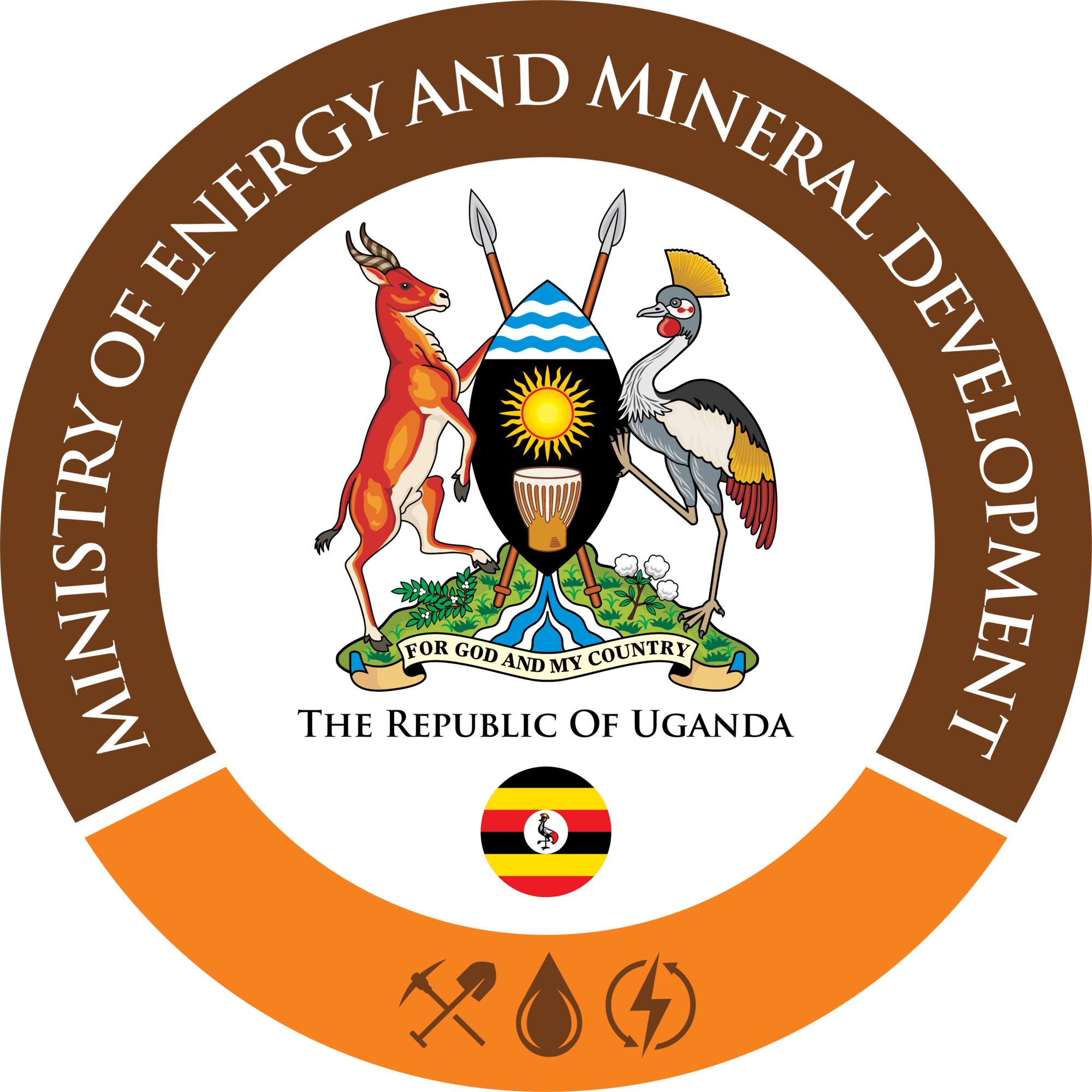
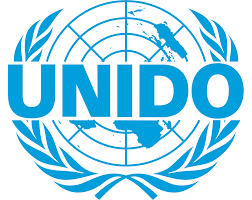
.png?sfvrsn=38e5006b_1)
